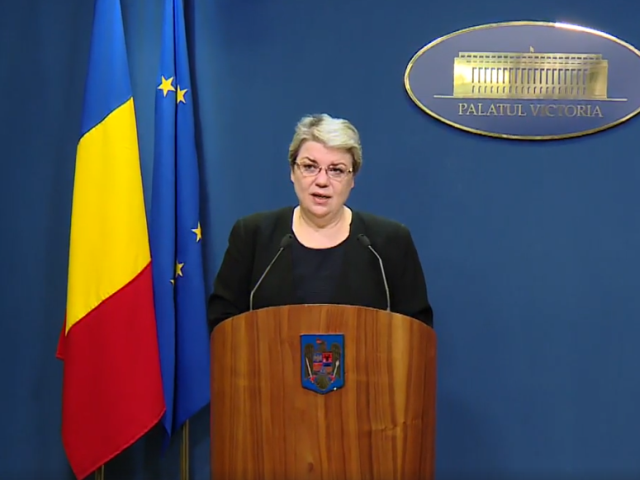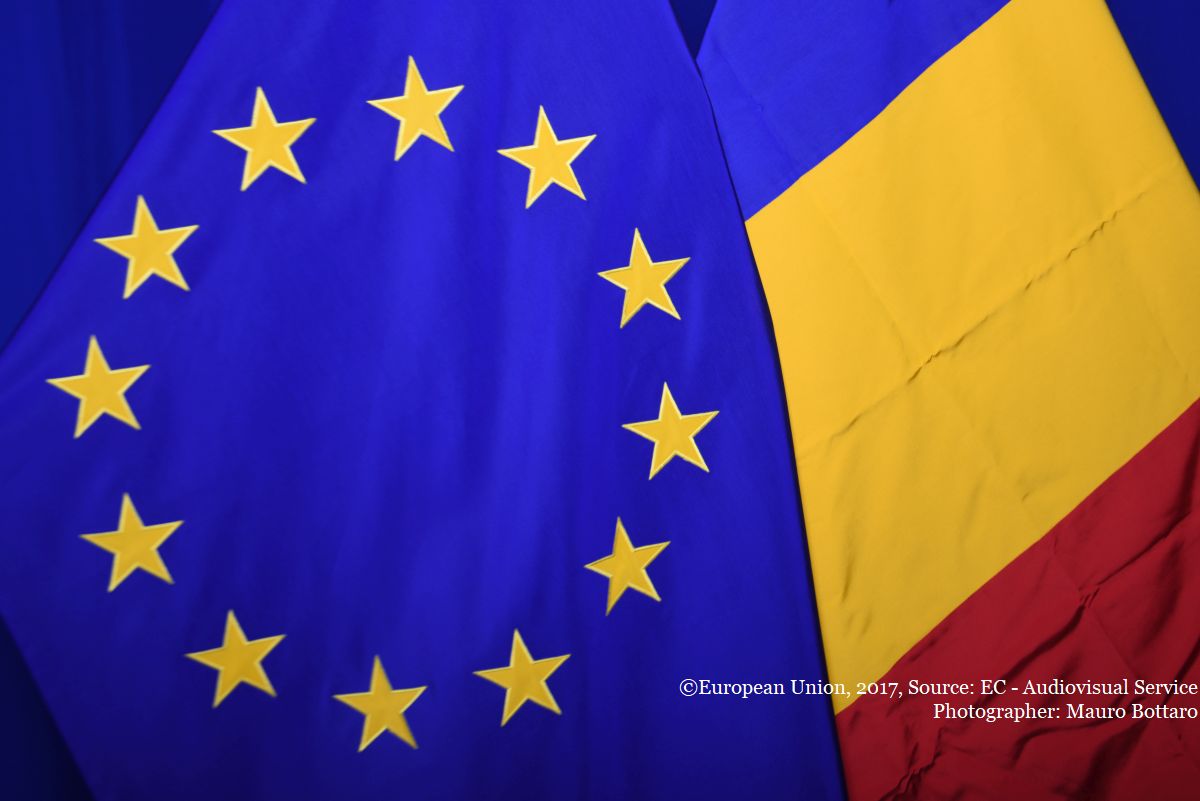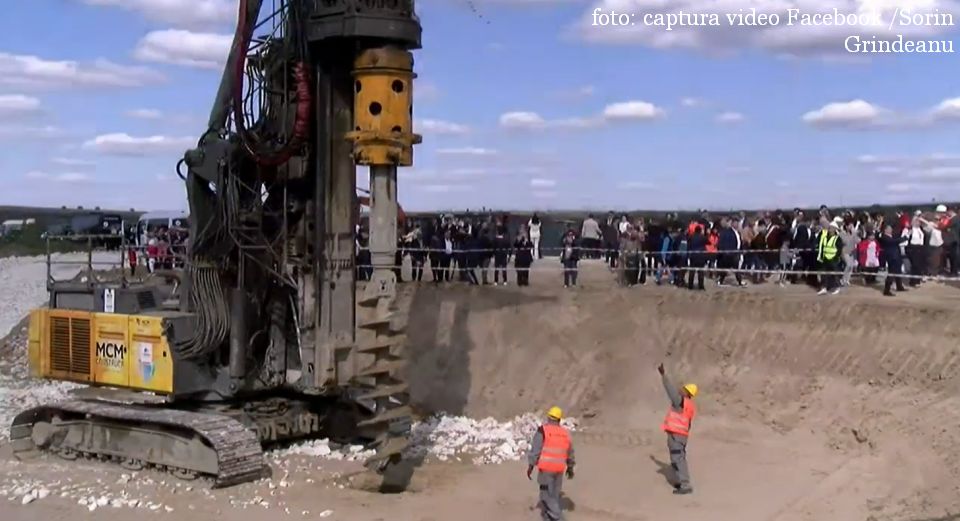Decentralization, between principles and necessity
The Romanian Government has adopted the General Strategy for Decentralization, which is aimed at bringing all public services closer to citizens.

Ştefan Stoica, 13.04.2017, 13:27
In the coming 3 months, all ministries in Romania will undertake impact studies related to the decentralization strategy, and in 7 months’ time, at the most, they will pass sectorial laws that will underlie the process of decentralization. These statements were made by the deputy Prime Minister Sevil Shhaideh at the end of the meeting in which the government coalition made up of the Social Democratic Party and the Alliance of Liberals and Democrats adopted the decentralization strategy. The domains included in the decentralization process are agriculture, education, healthcare, culture, the environment, youth, sports and tourism. The deputy Prime Minister Sevil Shhaideh has explained:
“As regards agriculture, we will decentralize the implementation of policies regarding the rural areas’ sustainable development and management. In the cultural domain, decentralization will refer to the approval of leasing commissioning or to the approval of interventions on class B historical monuments. In the tourism field, decentralization will mean opportunities for transfer in relation to the issuance of tourism certificates, the classification of accommodation units, the certification of beaches for tourists, and the approval of technical documentation for constructions in the tourism field.”
The advantage of decentralization is well known, in the sense that it brings all public services closer to citizens. But, are the local authorities ready, at present, to take over new competences? Sevil Shhaideh:
“At present, we are not talking about the competences of local authorities, we are focusing on preparing the decentralization process. Decentralization must be done with the necessary human resources and the funds needed for exerting the respective competences. At present, we are only talking about impact analyses and sectorial laws, I believe the competences of local authorities will only be discussed starting next year.”
Prime Minister Sorin Grindeanu is convinced that decentralization will have a really good impact at local level. He called on the ministers involved in the process to begin talks on the topic of decentralization first at the level of ministries and then with the subordinated institutions, in order to avoid such situations when government agencies could be an obstacle in this process. It is not the first time when decentralization comes into discussion. In January 2014, the Constitutional Court decided that the decentralization law, for which the Ponta Government had assumed responsibility in Parliament, was unconstitutional. The Court judges then identified inconsistencies in terms of transferred competences and the legal status of assets. (Translated by L. Simion)






























